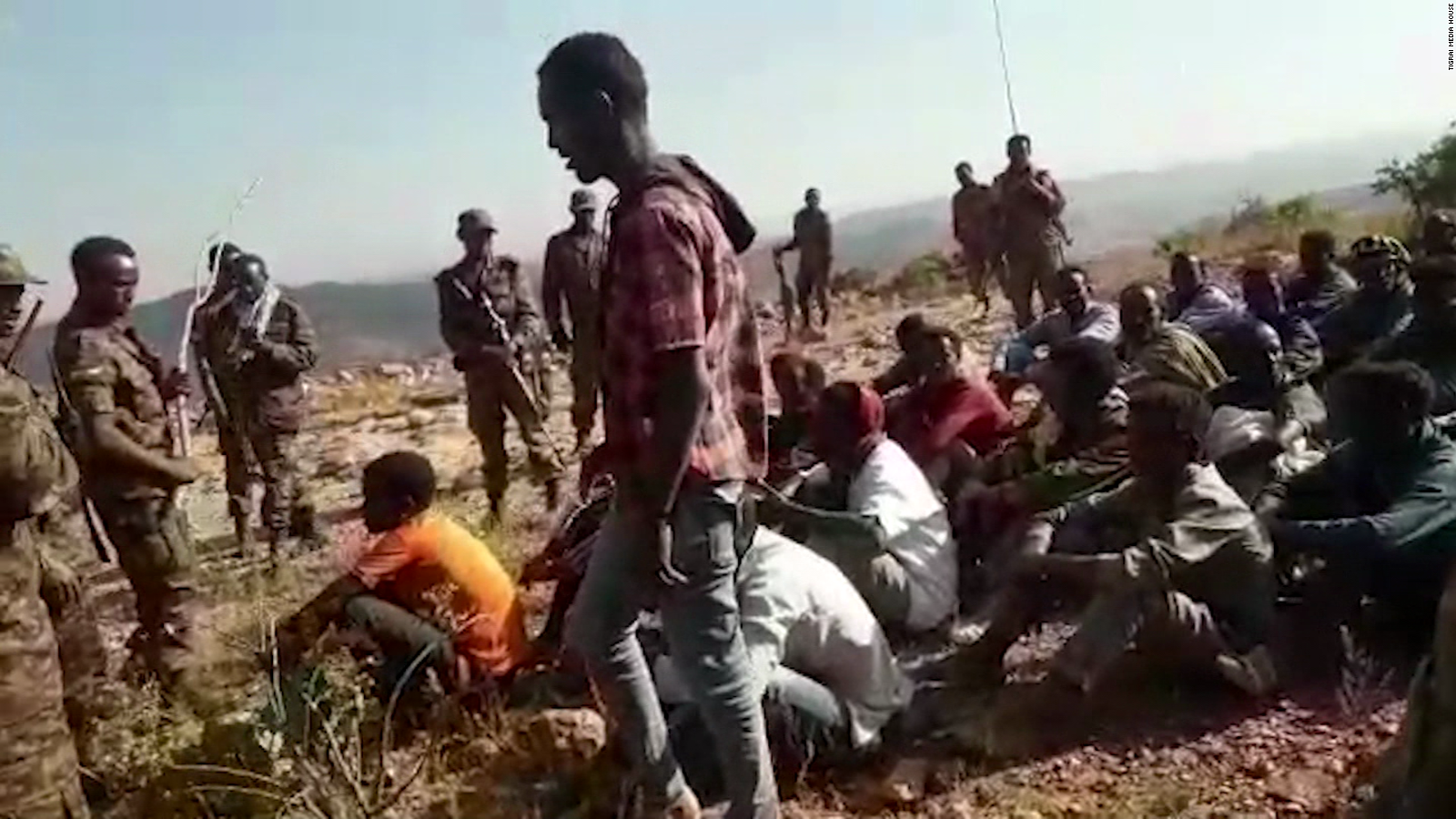Narcos Matando Gente: The Dark World Of Drug Cartels And Violence
When discussing the global impact of drug cartels, one cannot ignore the harrowing reality of violence that often accompanies their operations. The phrase "narcos matando gente" has become synonymous with the brutal tactics employed by these criminal organizations. This term, translating to "drug dealers killing people," highlights the devastating consequences of the drug trade on communities around the world.
The world of drug cartels is not just a sensationalized storyline in popular TV shows like "Narcos." It represents a grim reality that affects millions of lives. The term "narcos matando gente" encapsulates the fear and chaos brought about by the illegal drug trade, particularly in regions where cartels hold significant power.
This article aims to provide a comprehensive understanding of the topic, exploring its origins, impact, and potential solutions. Through data, expert analysis, and credible sources, we will delve into the complex web of drug-related violence and its implications for society.
Read also:Unveiling Thephatom202 A Comprehensive Guide
Table of Contents
- The Origin of Narcos Matando Gente
- The Power and Influence of Drug Cartels
- Violence and Its Impact on Communities
- Law Enforcement's Role in Combating Cartels
- The Role of Media in Shaping Public Perception
- Key Statistics on Narcos Matando Gente
- Global Effects of Drug Cartel Violence
- Potential Solutions to Combat Narcos Matando Gente
- Case Studies: Real-Life Examples
- Conclusion and Call to Action
The Origin of Narcos Matando Gente
The Emergence of Drug Cartels
The phrase "narcos matando gente" finds its roots in the rise of powerful drug cartels, particularly in Latin America. These organizations began as small-scale operations but quickly grew into sophisticated criminal enterprises. The Medellín Cartel, led by the infamous Pablo Escobar, is often cited as one of the earliest and most influential groups to escalate violence in the drug trade.
Escobar's reign of terror in Colombia during the 1980s set a precedent for the brutal tactics that would define the drug trade for decades to come. His use of violence to eliminate rivals and intimidate authorities became a blueprint for future cartels.
As these organizations expanded their operations, the term "narcos matando gente" became a chilling reminder of the human cost of the drug trade. The violence associated with these groups has left a lasting impact on communities across the globe.
The Power and Influence of Drug Cartels
How Cartels Operate
Drug cartels have developed intricate networks to distribute narcotics across international borders. Their operations often involve corruption, bribery, and intimidation to ensure smooth transactions. The power wielded by these organizations extends beyond their immediate territories, influencing politics, economies, and social structures.
Some key factors contributing to the influence of cartels include:
- Control over key smuggling routes
- Corruption of government officials and law enforcement
- Massive financial resources derived from illegal drug sales
- Advanced technology and weaponry
The ability of cartels to adapt and evolve in response to law enforcement efforts has made them formidable adversaries in the fight against drug-related crime.
Read also:Rubi Rose Religion A Deep Dive Into Faith Beliefs And Identity
Violence and Its Impact on Communities
The Human Toll
The violence associated with "narcos matando gente" has had a profound impact on communities affected by drug cartel activity. Innocent civilians often find themselves caught in the crossfire between rival gangs or targeted by cartels seeking to maintain control.
Statistics from regions with high cartel activity paint a grim picture:
- Thousands of deaths annually attributed to drug-related violence
- Mass displacements of families seeking safety
- Psychological trauma experienced by survivors
Efforts to address the root causes of this violence are crucial in mitigating its long-term effects on society.
Law Enforcement's Role in Combating Cartels
Strategies and Challenges
Law enforcement agencies around the world have implemented various strategies to combat the influence of drug cartels. These efforts include international cooperation, intelligence sharing, and targeted operations aimed at dismantling cartel networks.
Despite these measures, significant challenges remain:
- Limited resources and manpower
- Corruption within law enforcement ranks
- Difficulties in prosecuting high-ranking cartel members
Collaboration between governments and international organizations is essential in addressing these challenges and ensuring the effectiveness of anti-cartel operations.
The Role of Media in Shaping Public Perception
Portrayal of Narcos Matando Gente
Media coverage of drug cartel violence has played a significant role in shaping public perception of the issue. Popular TV shows like "Narcos" have brought attention to the brutal realities of the drug trade, while also sparking debates about the accuracy of their portrayals.
Responsible journalism is crucial in providing balanced and factual information about the topic. Media outlets must strive to avoid sensationalism while still highlighting the severity of the situation.
Key Statistics on Narcos Matando Gente
Data and Analysis
Understanding the scope of "narcos matando gente" requires examining the available data:
- In 2020, Mexico reported over 35,000 homicides linked to organized crime.
- Colombia's homicide rate has decreased significantly since the fall of the Medellín Cartel, but violence persists in certain regions.
- Drug-related violence has contributed to a global increase in organized crime-related deaths.
These statistics underscore the urgent need for comprehensive strategies to address the root causes of drug cartel violence.
Global Effects of Drug Cartel Violence
Impact Beyond Borders
The consequences of "narcos matando gente" extend far beyond the borders of Latin America. Drug cartels have established operations in various parts of the world, including North America, Europe, and Asia. The global reach of these organizations poses significant challenges for international security and cooperation.
Some of the broader impacts include:
- Increase in transnational organized crime
- Strain on international law enforcement resources
- Destabilization of affected regions
Addressing these global effects requires coordinated efforts from governments, law enforcement agencies, and international organizations.
Potential Solutions to Combat Narcos Matando Gente
Approaches and Recommendations
Combating the violence associated with "narcos matando gente" requires a multifaceted approach:
- Strengthening law enforcement capabilities and resources
- Promoting anti-corruption measures within government and law enforcement
- Investing in community-based programs to address the root causes of drug-related crime
- Encouraging international cooperation and information sharing
Implementing these solutions will require commitment and collaboration from all stakeholders involved in the fight against drug cartel violence.
Case Studies: Real-Life Examples
Lessons from the Field
Examining real-life case studies provides valuable insights into the effectiveness of various strategies:
- The capture of El Chapo Guzmán in Mexico demonstrated the potential for successful international cooperation.
- Colombia's peace negotiations with FARC highlighted the complexities of addressing drug-related violence in conflict zones.
- Community-based initiatives in urban areas have shown promise in reducing drug-related crime through education and rehabilitation programs.
These examples illustrate the importance of tailoring solutions to specific contexts and challenges.
Conclusion and Call to Action
The phrase "narcos matando gente" serves as a stark reminder of the devastating impact of drug cartel violence on communities worldwide. Understanding the origins, influence, and consequences of this issue is essential in developing effective strategies to combat it.
As we have explored in this article, addressing the root causes of drug-related violence requires a combination of law enforcement efforts, community-based initiatives, and international cooperation. By working together, we can create safer, more secure environments for future generations.
We invite you to take action by sharing this article, engaging in discussions about the topic, and supporting organizations working to combat drug cartel violence. Together, we can make a difference in the fight against "narcos matando gente."
Data sources for this article include reputable organizations such as the United Nations Office on Drugs and Crime (UNODC), the International Narcotics Control Board (INCB), and academic research publications. These sources provide credible information to support the analysis presented in this article.
Jason Genesis Naked: Exploring The Phenomenon, Controversy, And Truth
What Race Is Blue Eyes And Blonde Hair? A Comprehensive Guide
Mental Secrets Of Superior Investors: Unlocking The Mindset For Financial Success

Perturbador video de masacre en Tigray, Etiopía más de 30 jóvenes se

bloquear on Twitter "Claro ¿ es inportante la coloco ¿ para mi esto de

Cabo San Lucas beheadings Cartel killings traumatize resort town as